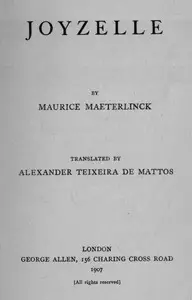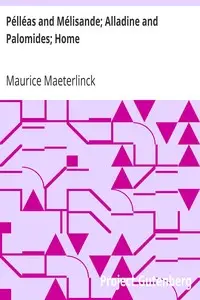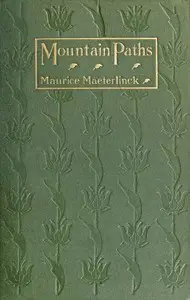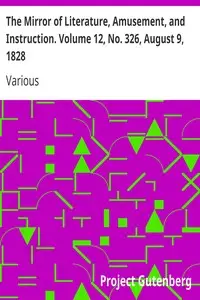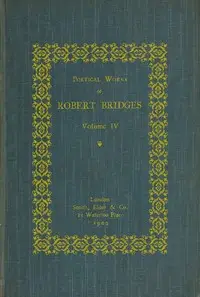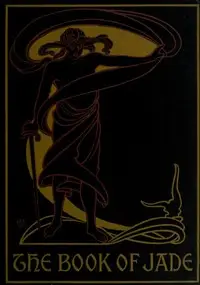"Poems by Maurice Maeterlinck" is a collection of verses translated into English by Bernard Miall, published in 1915. This book stems from the Belgian Symbolist movement, which flourished during the late 19th and early 20th centuries, a time marked by rich artistic exploration. Maeterlinck's poetry often delves into profound themes of isolation, longing, and the human experience, expressed through evocative imagery and musicality. The collection features a variety of poems that explore the nuances of emotion, mental states, and existential thoughts. Through metaphors like hot-houses, bell-glasses, and diving bells, Maeterlinck illustrates the fragile, often suffocating realities of life and the soul's yearning for connection and liberation. Each poem encapsulates profound introspection and a sense of melancholic beauty, inviting readers to reflect on the nature of existence, human desires, and the search for meaning amidst the complexities of life. Notable elements include the interplay between light and darkness, the weight of memories, and the vibrant yet haunting imagery that characterizes Maeterlinck’s unique poetic voice. (This is an automatically generated summary.)
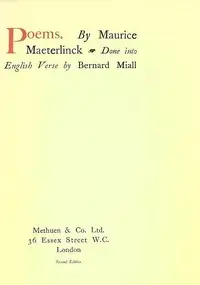
Poems
By Maurice Maeterlinck
"Poems by Maurice Maeterlinck" is a collection of verses translated into English by Bernard Miall, published in 1915. This book stems from the Belgian...
Maurice Polydore Marie Bernard Maeterlinck, also known as Count/Comte Maeterlinck from 1932, was a Belgian playwright, poet, and essayist who was Flemish but wrote in French. He was awarded the Nobel Prize in Literature in 1911 "in appreciation of his many-sided literary activities, and especially of his dramatic works, which are distinguished by a wealth of imagination and by a poetic fancy, which reveals, sometimes in the guise of a fairy tale, a deep inspiration, while in a mysterious way they appeal to the readers' own feelings and stimulate their imaginations". The main themes in his work are death and the meaning of life. He was a leading member of La Jeune Belgique group, and his plays form an important part of the Symbolist movement. In later life, Maeterlinck faced credible accusations of plagiarism.

